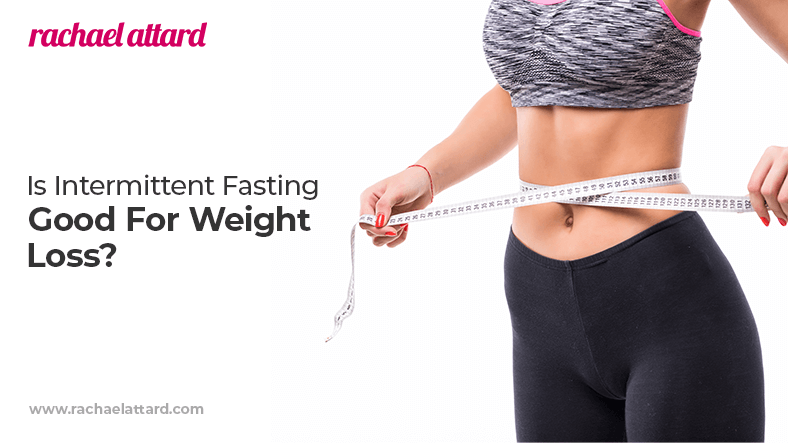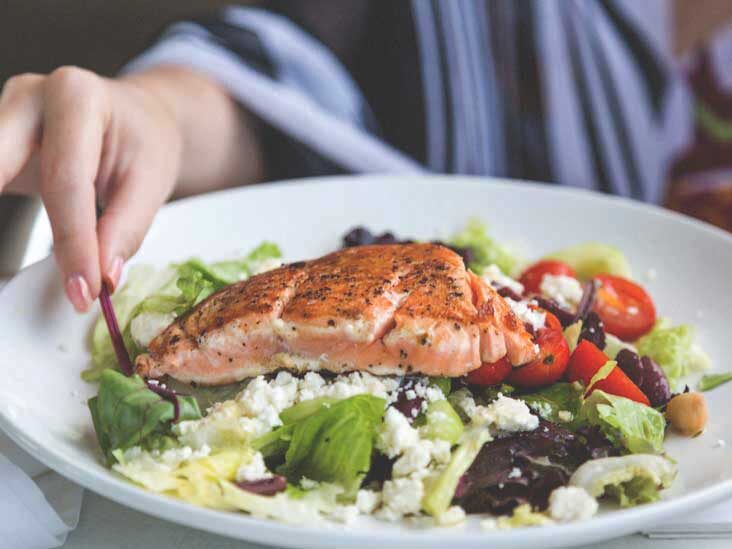
Are you looking for the best weight loss tips? You've found the best weight loss tips. These 23 women shared the best tips they have for weight loss. You can also speak to a registered dietetican for further information. We'll discuss how to decrease your caloric intake and cut out inflammatory food. Also, don't forget about reducing sugar in your diet. We also talk about the importance of getting active every day.
Reduce calorie intake
Obesity is a serious problem. Obesity has many negative consequences. It reduces life expectancy. By 2025, 18% of the world's male population will be obese. Sixty eight percent of the American populace is overweight. However, the obesity epidemic has only been partially solved with attempts to reduce calorie intake alone. This has resulted in a culture of calorie restriction that disregards the body's ability to maintain a healthy weight.

Reduce intake of inflammatory foods
There are many health benefits to eliminating inflammatory foods. How can you make them part of your diet? Inflammation is a problem that affects the body's inflammatory response. Processed and refined foods lead to inflammation. This causes the development of disease such as diabetes, heart disease, obesity and other conditions. There is a way to avoid inflammatory foods while still enjoying all your favorite foods.
Increase water consumption
Drinking water can have many health benefits, and it can help you lose weight. A recent school-based survey found that 17 schools installed water fountains and that classroom lessons were focused on water consumption. Participants in the study saw a 31% decrease in their obesity risk. Drinking more water can help reduce calorie intake and improve cognitive function, as well as reduce long-term weight gain.
Reduce sugar
Many of us struggle with excess weight, but cutting out sugar is a proven way to lose it quickly and easily. While it might be hard to cut out all your favourite sweets, there are many health benefits to sugar-free living. Here are some tips that will make it easy to give up sugary treats and lead a healthier lifestyle.
Reduce saturated fats
Saturated fats have a negative impact on your health. Instead, replace them with polyunsaturated and monounsaturated fats. These fats can be found in foods such as avocados, olive oils, and fish. Instead of red meat, opt for skinless chicken or fish. You can also substitute butter with olive oil or replace egg yolks with egg whites. Always read labels and adhere strictly to the daily allowance of saturated oils.

Increase your fiber intake
Higher fiber intake directly correlates with healthier weight. It is possible to lose unwanted weight and improve overall health by adding fiber to your diet. Fiber is comprised of insoluble and soluble types. Insoluble fiber can increase your feelings of fullness and improve your bowel movements. Insoluble fiber is a great way to feel fuller, longer, and aid in weight loss. To get the best results, gradually increase your fiber intake.
FAQ
Is cardio a way to quickly lose weight?
Cardio exercises are great for burning calories, but they don't necessarily help you lose weight. It depends on how much fat you have stored and what kind of exercise you do.
Cardio exercises might not be enough to lose excess weight if your body is overweight.
These should be combined with diet and other forms of exercise.
You can lose weight by running or jogging. These exercises burn more calories than any other form of exercise.
However, resistance training is required if you wish to build muscles and not lose weight. Resistance training requires the use of free weights and machines as well as elastic bands.
Combining cardio exercise with resistance training is a great way to lose weight quickly.
You need to combine cardio and resistance training in order to lose weight quickly.
How long should I do Intermittent fasting to lose weight?
The answer may not be as straightforward as you think. There are many factors that need to be taken into consideration when deciding how many days of fasting is necessary for optimal fat loss. These are:
-
Your age. You may find intermittent fasting too difficult if you're younger (under 40) because you have less time between fasts. You may not have enough energy for a sustained period of daily fasting if you are older (over 60).
-
Your current body composition. A longer period of fasting is more beneficial for those with a lot of muscle mass. You may find shorter fasting more beneficial if your muscle mass is low.
-
How physically active. You may need to increase your fasting time if you exercise often. This will ensure you get enough rest between workouts.
-
Your medical history. Extra fasting may be necessary for people who have heart disease, diabetes, cancer, or other medical conditions.
-
How do stress and anxiety affect you? Stress can cause us to eat more. You may need to extend your fasting times in order to avoid this problem.
-
What type of diet do you follow? Certain diets, like ketogenic diets, may require even longer fasting periods.
-
How much sleep you get. Also, a lack of sleep has been linked with increased appetites and decreased metabolism. It may take some trial and error before you find the right combination.
-
The amount you eat of protein. Protein helps stabilize blood sugar levels, which means that eating more protein could potentially lead to lower insulin levels. This would allow you to fast for longer periods of time.
-
Whether you're trying to gain or lose weight, people who are trying to gain weight usually require longer fasting periods than those who are trying to lose weight.
-
How many calories did you consume during your fasting period? You may lose more weight if you eat fewer calories each day than if you eat more.
-
Your overall fitness level. Faster people are more likely to be fit, and burn more calories during the day.
-
Your gender. Women tend to have a greater appetite than men, so they might need to fast for longer periods. Women may only fast for 20-30 mins each morning because they have a smaller appetite.
-
Your lifestyle. Do you exercise a lot? Are you able to exercise several times per week? Do you work at a desk all day? These things could impact the speed at which you should go.
-
What amount do you spend on food each month? Not all healthy food means you need to spend a lot more on groceries. Whole grains can be replaced by white bread, fruits can replace candy bars, and lean cuts of meat can be used to save money.
-
How important it is for you to control your hunger. If you don't want to skip meals, you might not need to fast as long as other people do.
What is the best exercise for weight loss?
There are many factors that impact the amount you exercise to lose weight. However, the majority of people require at least 30 minutes of moderate exercise five days a week.
The American College of Sports Medicine recommends 150 minute of moderate-intensity aerobic activities per week. These should be done over three days.
For example, if you want to lose 10 pounds, aim to do 300 minutes of moderate-intensity exercise each week. This includes activities such swimming laps (brisk walking), biking, dancing and playing tennis.
For those just starting out, you might consider 20 minutes of vigorous activity every other week. These activities could include sprints and lifting weights.
Aerobic exercise helps to build muscle mass and burn calories. Muscles burn more calories than fat. So building muscle can help you lose weight faster.
Is there a difference in intermittent fasting and calorie restrictions?
Calorie restriction is a way to eat less than your body needs. Intermittent Fasting is different in that it doesn't restrict calories. Rather, it focuses on eating fewer calories throughout the day.
Intermittent fasting can be more effective as it allows you to eat the foods you love and not feel guilty.
Each method has its pros and cons. Therefore, you need to decide whether you prefer one method over another.
Statistics
- According to Harvard Health, it's estimated that a 155-pound (70-kg) person burns roughly 112 calories per 30 minutes of weight training (5). (healthline.com)
- One study in 9 active men found that HIIT burned 25–30% more calories per minute than other types of exercises, including weight training, cycling, and running on a treadmill (18Trusted Source (healthline.com)
- A 12-week study in 20 women with obesity found that walking for 50–70 minutes 3 times per week reduced body fat and waist circumference by an average of 1.5% and 1.1 inches (2.8 cm), respectively (healthline.com)
- It's estimated that half of all American adults attempt to lose weight every year (1Trusted (healthline.com)
External Links
How To
How to quickly lose belly weight?
You must know that losing belly fat is not easy. It takes effort and dedication. You will see results if these tips are followed.
-
Healthy Food It is vital to eat healthy food. It is important to eat healthy foods such as fruits, vegetables and whole grains.
-
Drink Water. Water keeps you hydrated and makes you feel fuller for longer periods. Drink plenty of water each day.
-
Cardio Exercises. Cardio exercises can help you lose more calories and increase muscle mass. They also improve your heart health and boost metabolism. Do 30 minutes of cardio exercise each day.
-
Get enough rest. A vital part of maintaining good health is sleep. Anxiety and stress can lead to unhealthy habits, such as smoking and eating too much.
-
Stress levels can be reduced. Stress can affect our brain chemistry. Cortisol, a hormone which increases hunger pangs as well as cravings to eat high-calorie foods, is released when we're stressed.
-
Take regular breaks. Take regular breaks throughout each day. Go outside and walk around or take a short nap. Doing this gives your mind and body time to relax and recover.
-
Avoid Alcohol Consumption. Alcohol can cause empty calories and slow down digestion. Drinking alcohol is not a good option if you want to lose weight.
-
Have fun